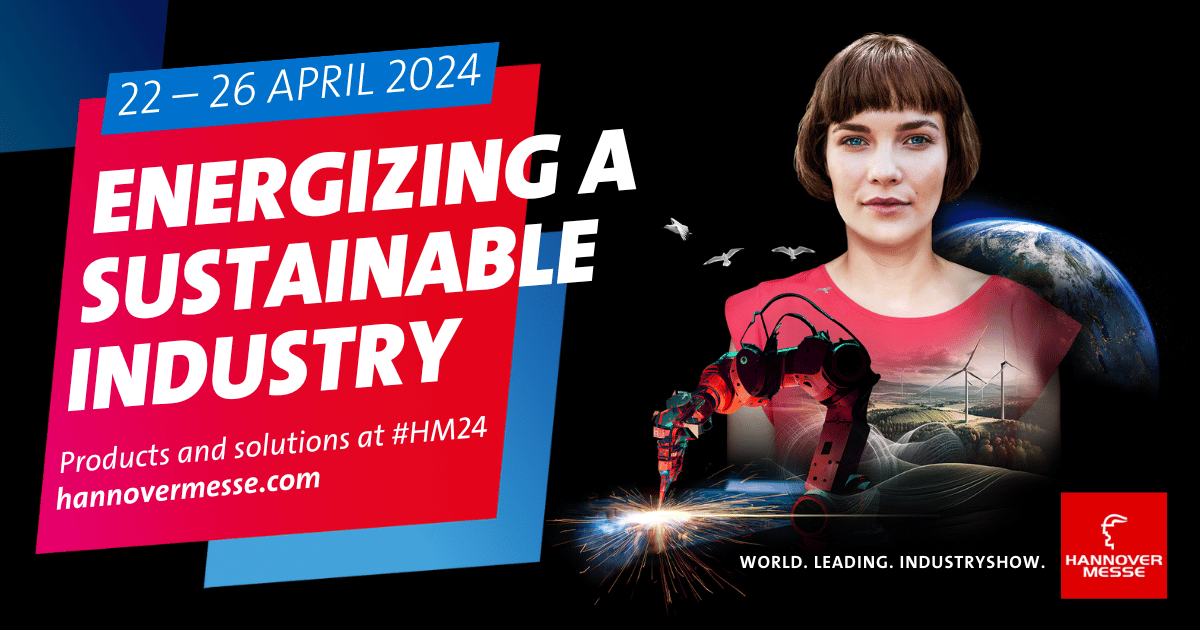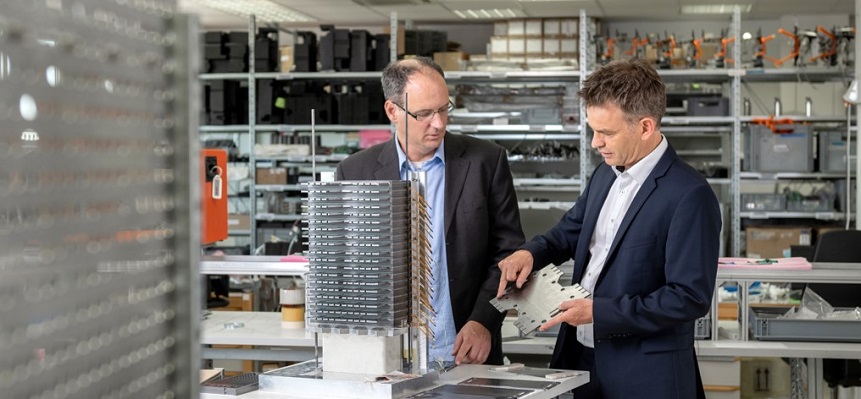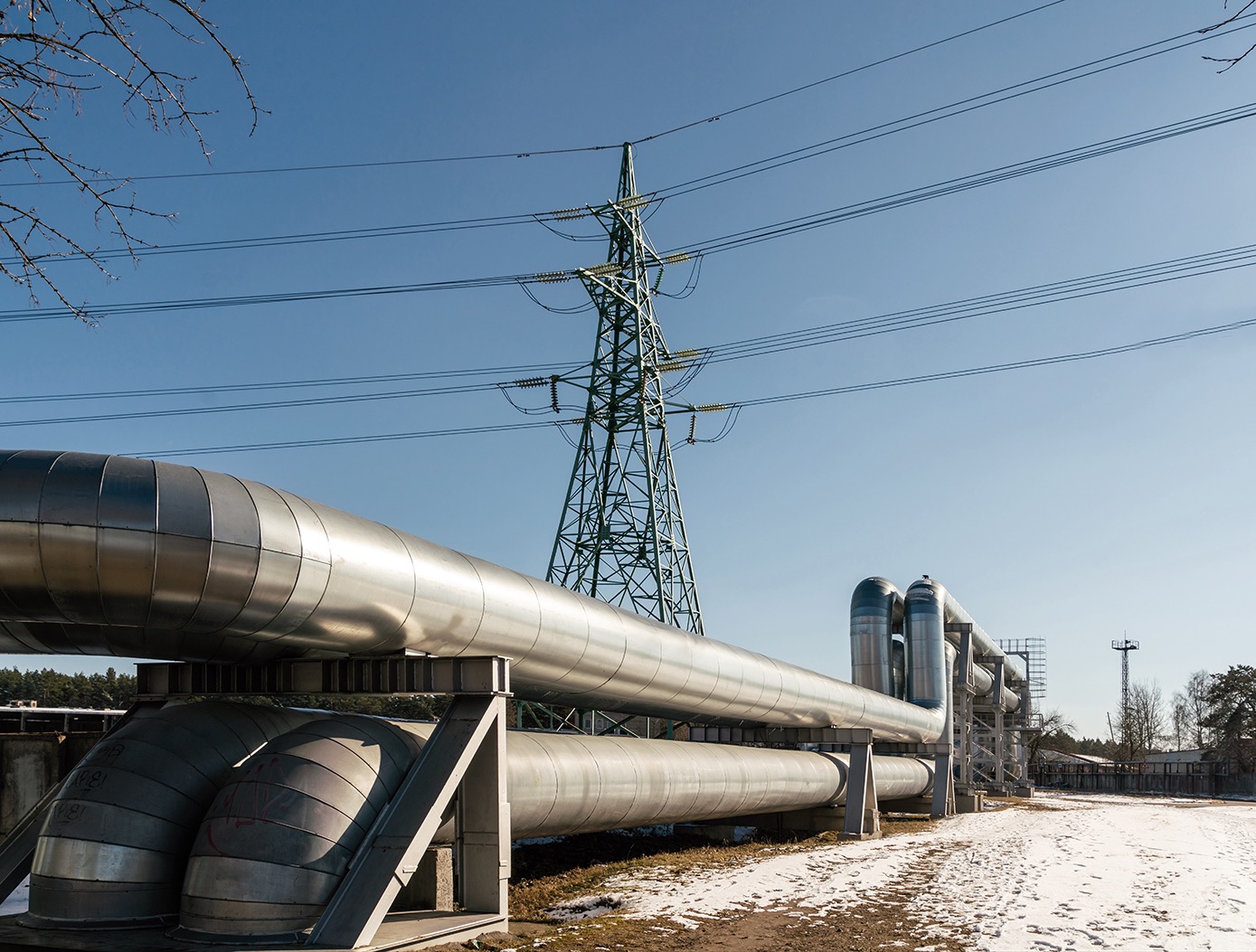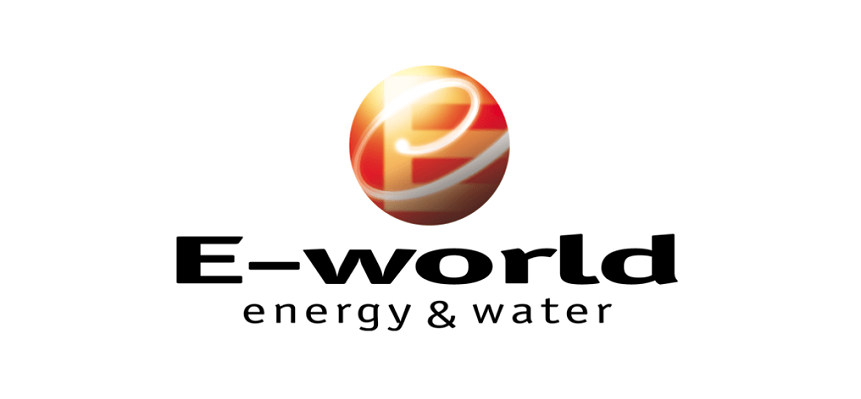- Innovative products and economical solutions around the topic of green hydrogen
- Demand for technological openness
Munich – Siqens GmbH, which is one of the entrepreneurs in the hydrogen economy in Germany, is presenting its range of solutions in the Future Hub trade fair area at this year’s Hannover Messe Industrie (April 22 – 26, 2024). strong>. At the “Bayern Innovativ” joint stand in Hall 2, Stand A42, the Munich company will present economical solutions for a clean energy industry. The exhibition portfolio includes innovative fuel cells for numerous application scenarios as well as the patented technology developed by Siqens for electrochemical hydrogen separation (EHS process).
EHS – cost-effective alternative to electrolysis
“Sustainable decarbonization can only be achieved if green hydrogen is used – and if it is cheap,” says Siqens CEO Dr. Thomas Klaue gets to the heart of the matter. So far, however, the Co2-free production of hydrogen has been difficult and expensive. Because electrolysis has now become firmly established as the process favored by the federal government. More economical alternatives, on the other hand, are only marginally discussed at the political level, if at all. “The energetic balance of the electrolysis process is devastating,” explains Dr. Klaue, “because the production of 1 kg of hydrogen using an electrolyzer requires around 50 kWh, i.e. 50 percent more than the hydrogen contained in around 33 kWh. In addition, the technology is now considered to be exhausted.”
Siqens has developed the inexpensive electrochemical hydrogen separation process (EHS) as an alternative technology to electrolysis. The patented method for producing hydrogen without CO2 requires 3 to 5 kWh to produce 1 kg of hydrogen. This reduces the energy requirement by around 90% per kilogram of hydrogen compared to electrolysis. This produces hydrogen in fuel cell quality at a price per kilo of less than 2 euros. With this solution developed by Siqens, it is possible to establish a cost-effective hydrogen infrastructure for decentralized hydrogen supply and for the development of previously unused hydrogen resources.
The EHS process produces hydrogen through separation, purification and processing from natural reservoirs, from industrial waste gases and from biogases. Natural hydrogen occurs in gas deposits in conjunction with other gas components such as methane, nitrogen, carbon dioxide and helium. These can be separated with high purity using the EHS method. The hydrogen obtained in this way can be used to generate electricity in fuel cells, in gas turbines or for chemical use.
The process can also be used in conjunction with locally available renewable resources such as biogas. In principle, there is even the possibility of obtaining hydrogen from waste streams. In addition to biomass, this also includes non-biogenic municipal and industrial waste. This opens up new perspectives for the hydrogen economy: mountains of waste could be used as an energy source in the future.
Continue to use existing gas network infrastructure sustainably
The existing gas network could be used to store and transport the hydrogen produced. In Germany this covers around 550,000 kilometers and therefore covers a wide area of application. Incomprehensibly, the federal government has decided to reduce this valuable infrastructure by around 90% over the next 20 years. Hydrogen expert Klaue has no understanding of this radical clear-cutting. He advocates using the existing gas network infrastructure to transport hydrogen in the future. “If the current dismantling plans are actually implemented, numerous industrial companies as well as communities and municipalities could be cut off from the supply of hydrogen,” said Dr. Claw. “In the long term, the planned new hydrogen network will not be able to supply the entire republic with green energy without great effort.” A fatal sign for Germany as a business location.
Fuel cells as a changing of the guard for diesel generators
Another exhibition highlight are the fuel cells developed by Siqens. In Hanover, the Munich-based company is showing the Ecoport and the Ecocabinet. The patented fuel cell technology is ideal for replacing conventional diesel generators in an environmentally friendly way.
The Siqens Ecoport is a powerful high-temperature fuel cell (HT-PEM). Like the entire Ecoport product family, it is based on the company’s patented fuel cell technology. With an output of up to 1,500 W at peak and 1,000 W in continuous operation, this power fuel cell is the ideal power supply for demanding backup and off-grid applications. The fuel cell converts the liquid methanol into electricity, uses it to charge batteries or provides the energy directly. With just a few installation steps, the Siqens fuel cell can be integrated as a fully automatic battery charger for use in off-grid, emergency power and mobile applications. This means, for example, that gaps in the supply of photovoltaics and wind turbines can be reliably bridged. Its flexible scalability with high resistance to ambient temperatures and silent operation make the Siqens Ecoport a universally applicable energy source, independent of fossil fuels.
The climate-friendly Ecoport stands out economically because the operating costs are around 75% lower compared to the diesel generator. Co2 emissions are 80-100% lower and emissions of fine dust and nitrogen oxides are completely avoided.
Installed in the Siqens Ecocabinet, an independent power supply is created for every application in the off-grid area: This solution is characterized by low maintenance requirements and can be individually configured, depending on the user’s required load curves. The Ecocabinet is delivered pre-assembled and, in conjunction with the Ecoport, immediately provides electricity.
About Siqens:
SIQENS, founded in Munich in 2012, is a leading provider of methanol fuel cells and electrochemical hydrogen capture (EHS) technology. The company’s methanol fuel cell modules (Ecoport) are used to provide emergency power in safety-critical applications and locations without a connection to the power grid. Based on the patented high-temperature polymer electrolyte membrane (HT-PEM) technology portfolio for power generation, SIQENS offers solutions for the separation and purification of hydrogen at the point of consumption from various source gases – for example from hydrogen admixtures in the natural gas network or reformate gases from methanol and biogas. The SIQENS technology portfolio addresses the challenge of last-mile hydrogen supply: decarbonizing power generation, transportation and industry by reducing the cost of hydrogen provision.
Press contact
Helmut Nollert
sugarandspice communications GmbH
Elisabethstraße 13
80976 München
Mobil: 0172-6100821
E-mail: fnollert@sugarandspice.online





